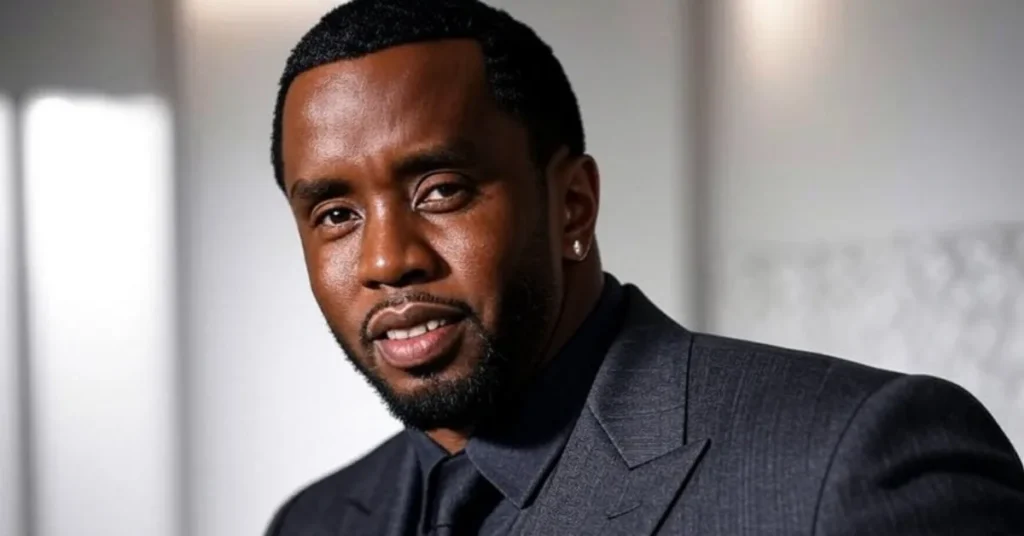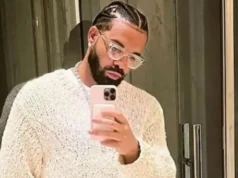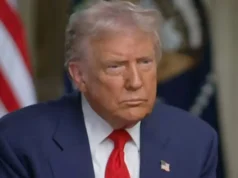After Sean “Diddy” Combs was sentenced to 50 months behind bars, President Trump revealed the music mogul’s team asked him for clemency — and the White House may now be weighing the request.

President Donald Trump told reporters at the White House Monday that Sean “Diddy” Combs — whom the president playfully called “Puff Daddy” — has formally asked him for a presidential pardon following a recent sentencing that will send the hip-hop mogul to prison.
“I call him Puff Daddy; he has asked me for a pardon,” Trump said while speaking to the press, according to the exchange in the briefing area. The president didn’t say whether he planned to grant clemency, only confirming that a request had been made.
According to information circulating from sources close to Combs, the plea went up through channels very soon after Friday’s sentencing, when Diddy was handed a 50-month term. Insiders told reporters that someone in Diddy’s inner circle contacted a White House official with access to the president to convey the request — a fast, high-level approach that underscores how quickly celebrity legal teams can move when stakes are high.
This development adds a new chapter to an already headline-heavy week: a prominent entertainer finds himself facing time behind bars, and now he’s taking his case directly to the man who alone has the constitutional power to commute sentences and issue pardons.
For many Americans, the scenario will feel familiar — a high-profile figure leaning on connections and influence to seek relief from the justice system.
A presidential pardon is one of the most powerful clemency tools in American government. While presidents have broad discretion to grant pardons, each decision carries political and legal weight — especially when it involves a celebrity whose case has been widely reported.
Granting clemency could be framed as mercy or favoritism, depending on the viewer’s perspective; denying it could draw criticism from sympathizers and the celebrity class.
Beyond the legal mechanics, there’s the optics. A pardon for a big name like Combs would almost certainly inflame partisan debate and revive questions about equal treatment under the law. It would also be a reminder that presidential power extends far beyond policy papers and press conferences — it can alter individual lives in dramatic ways.
It’s reasonable to expect that this request will be analyzed not only on legal grounds but through a cultural and political lens. Pardoning celebrities can deepen public skepticism about fairness in the justice system.
That said, the clemency process exists for a reason: people do make mistakes, and sometimes punishment does not fit the full picture of rehabilitation or remorse. If clemency is granted, it should be clearly explained to the public — why this case is an exception, what evidence supports mercy, and how it aligns with broader priorities of justice and rehabilitation.
Transparency is the key. Whether you support Diddy or not, any decision should be accompanied by a full accounting so the American people can understand the reasoning. Absent that, pardons risk becoming another flashpoint in America’s culture wars, eroding trust in institutions already under strain.
As you might expect, social platforms are already alive with opinion: some are calling for leniency, citing philanthropy and public contributions. Others argue that no celebrity should be above the law. The split demonstrates how divided public sentiment can be when fame intersects with criminal accountability.
For now, the ball sits with the president. White House officials typically review clemency petitions with legal counsel and advisers before any action is taken. Whether the request is fast-tracked or faces a lengthy review, the decision will be watched closely by fans, critics, and legal observers alike.











